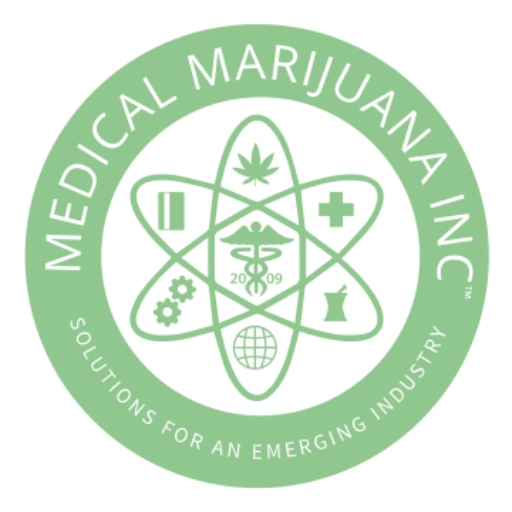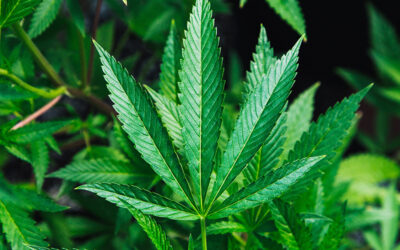The following information is presented for educational purposes only. Medical Marijuana Inc. provides this information to provide an understanding of the potential applications of cannabidiol. Links to third party websites do not constitute an endorsement of these organizations by Medical Marijuana Inc. and none should be inferred.
Early Morning Disorder – Medical Marijuana Research Overview
The timing of our daily sleep-wake cycle is mainly under the control of the suprachiasmatic nucleus in the hypothalamus, which establishes a daily, or circadian, rhythm. This rhythm can be disrupted by external demands on us to be awake at particular times. Circadian rhythm sleep disorders show up as either insomnia or excessive sleepiness, depending on when a person’s body thinks it is in the sleep or wake cycle. Travelers flying across multiple time zones and rotating shift workers can experience fatigue, gastrointestinal upset, and other physical symptoms because of disruptions of their circadian rhythms. Some studies have shown that people with disrupted circadian rhythms also think less effectively and less quickly.
The treatment for many circadian rhythm disorders involves realigning a person’s sleep-wake schedule by manipulating or augmenting the external environmental cues our bodies rely on. One example is bright light therapy. Many studies have shown that exposure to bright light can shift and realign people’s circadian rhythms.
Some individuals have circadian rhythm disorders related to a diminished capacity to respond to environmental cues about when to sleep, especially the natural daily cycle of light and dark. People with the delayed sleep-phase disorder seem to have an innate preference for beginning to sleep in the late hours of night and staying in bed until late morning or early afternoon. If such “night owls” can find work and social life that fit that schedule, of course, their preference stops being a disorder.
Clinical Trials, Studies and Publications – Effects of Marijuana, Cannabis, Cannabidiol and Hemp on Early Morning Disorder:
- Distinct effects of {delta>9-tetrahydrocannabinol and cannabidiol on neural activation during emotional processing.
- Neural basis of anxiolytic effects of cannabidiol (CBD) in generalized social anxiety disorder: a preliminary report.
- 5-HT1A receptors are involved in the cannabidiol-induced attenuation of behavioural and cardiovascular responses to acute restraint stress in rats.






